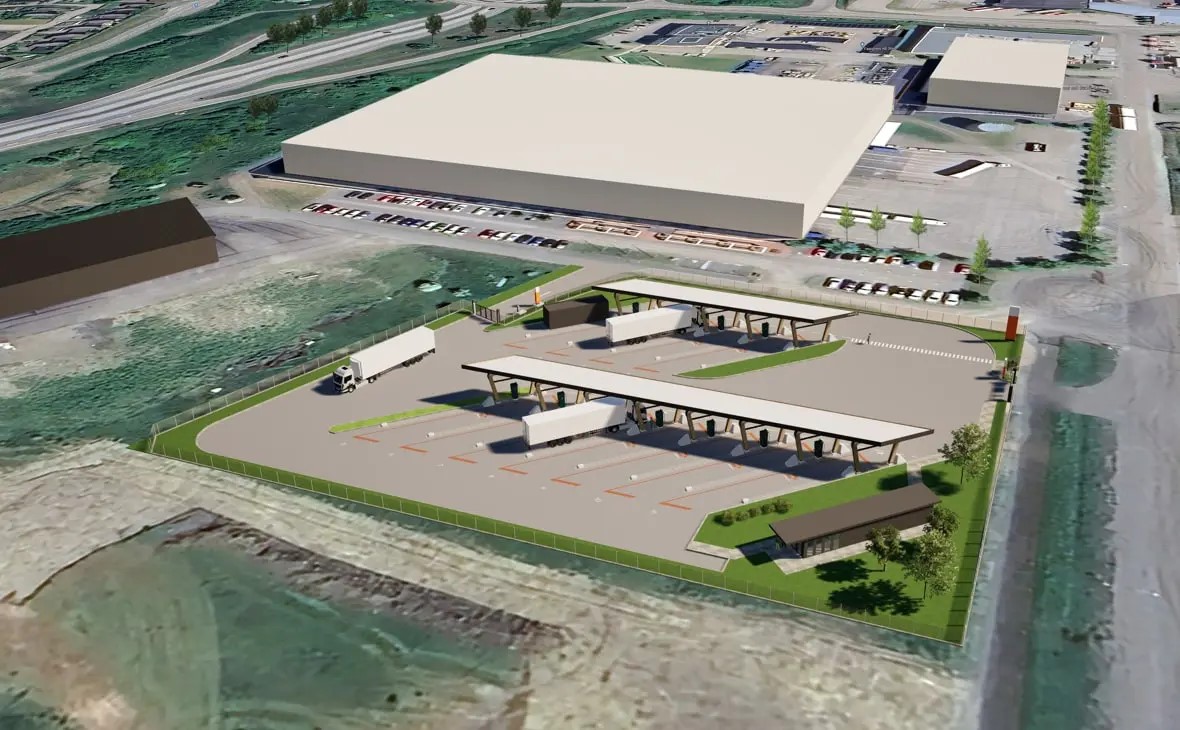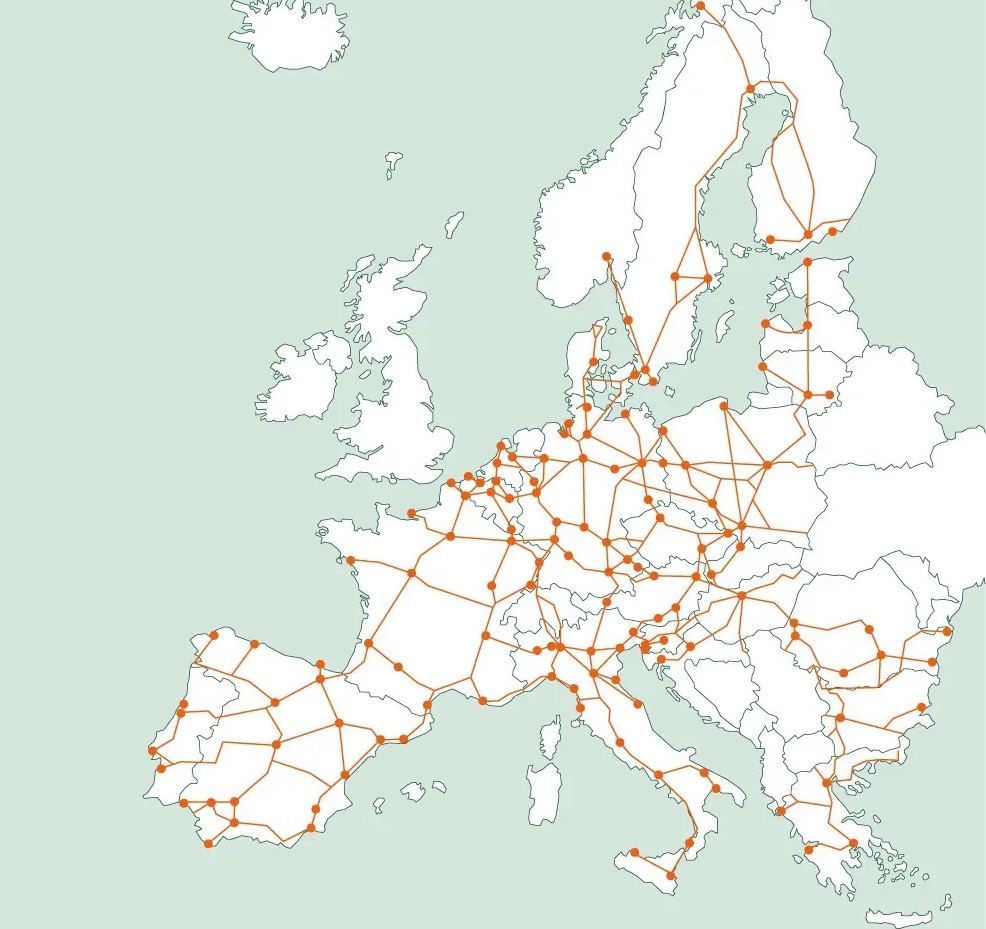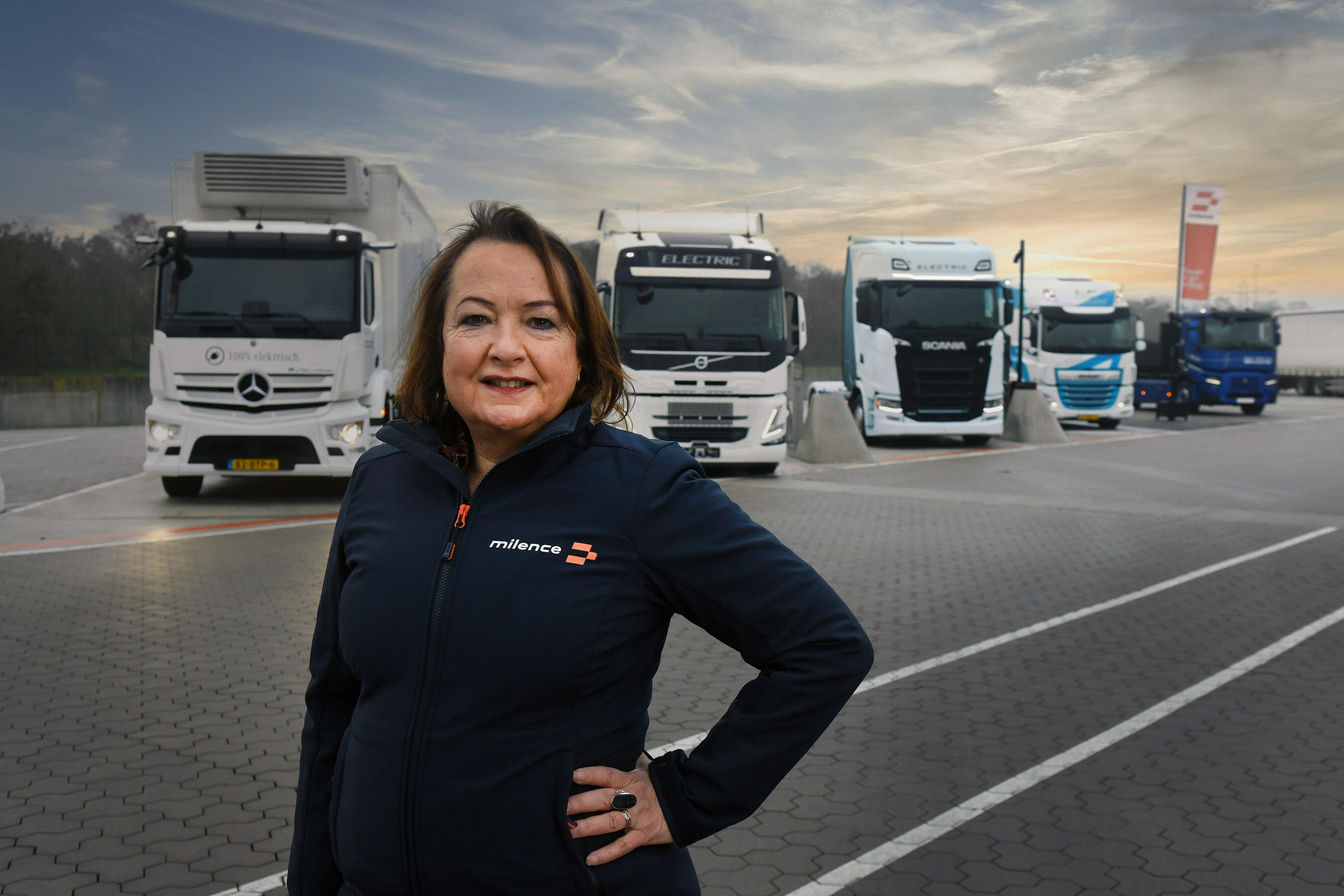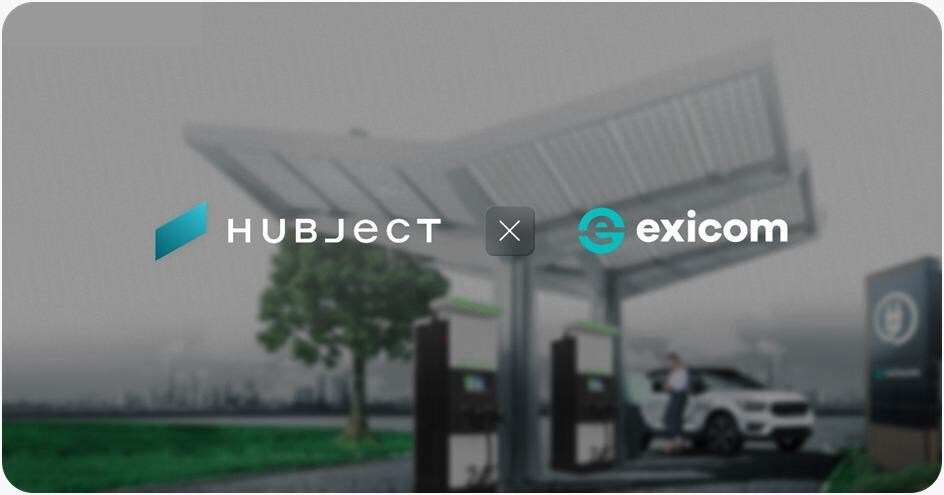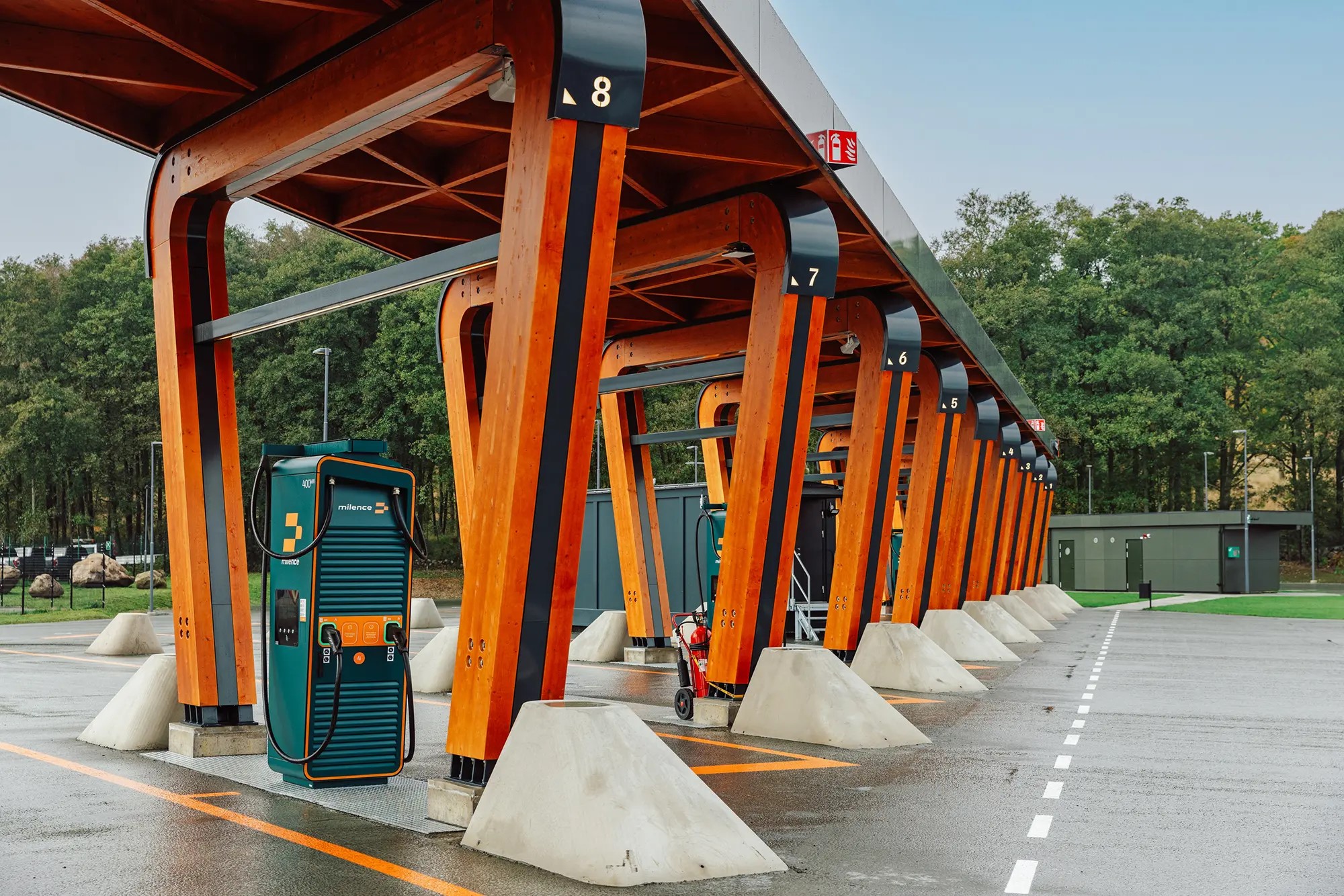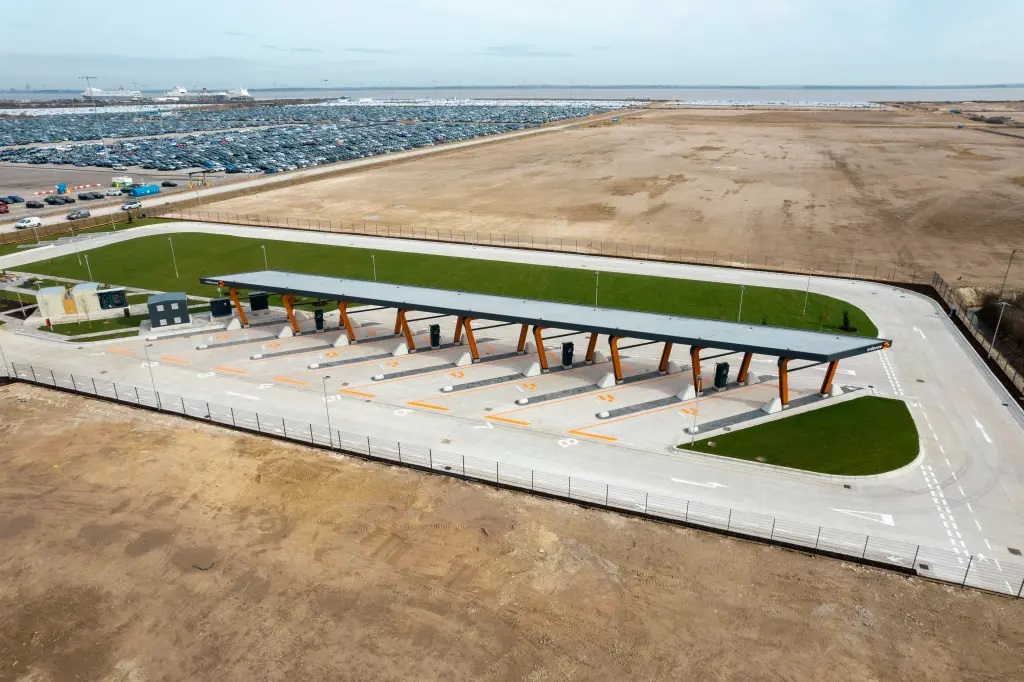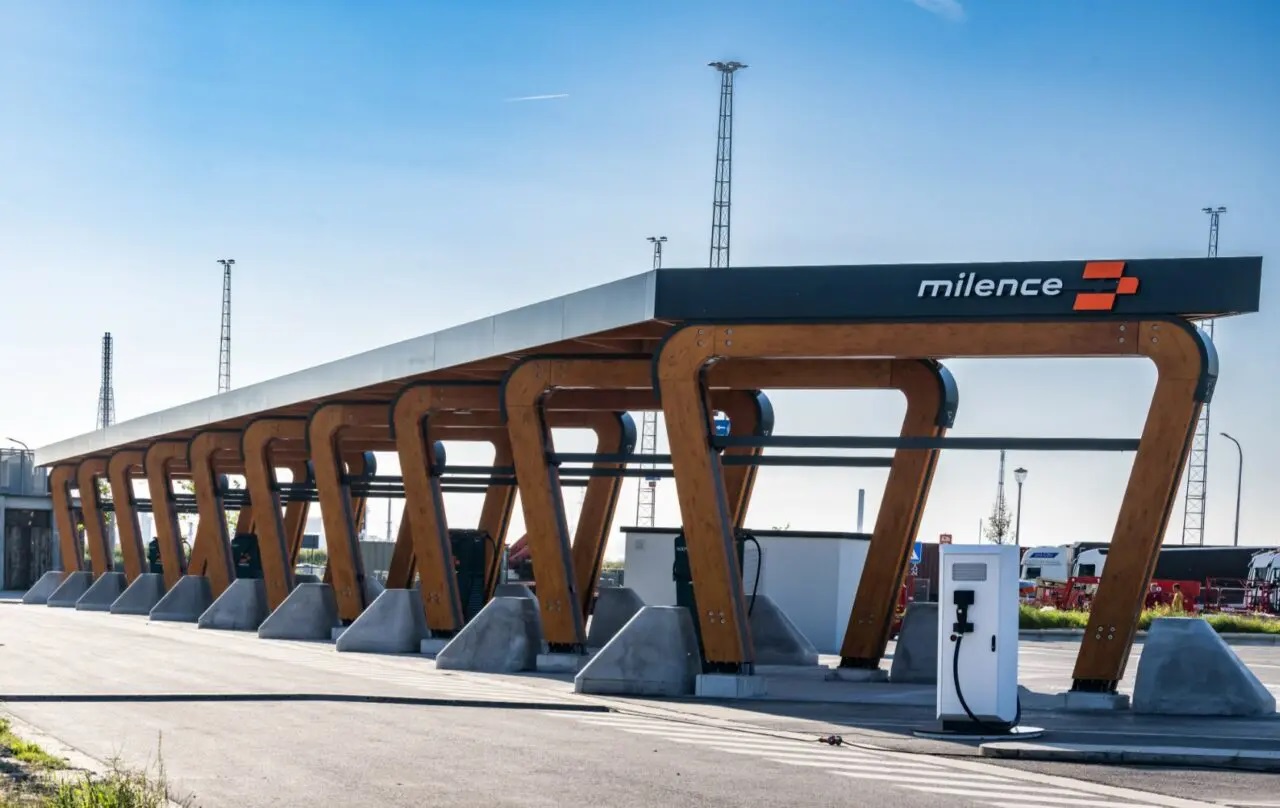
Through this project, Milence will receive up to €111,537,000 to deploy heavy-duty EV charging points in 71 locations across 10 EU member states.
A total grant of €422m, provided by the Alternative Fuels Infrastructure Facility (AFIF), will support these initiatives to drive the transition to cleaner transport.
MILES (Mobility Infrastructure for Logistics – Electric & Sustainable) is part of twin applications submitted by Milence to establish the first pan-European network of charging points for heavy-duty electric vehicles (eHDVs). The project received €111,537,000 of the total investment allocated by the EU, demonstrating its comprehensive approach to improving EV charging infrastructure along the TEN-T network, including all 9 European transport corridors and in urban hubs.
Through this project, Milence will deploy 284 MCS and 264 CCS charging points in 71 locations across 10 EU member states, including Austria, Belgium, Denmark, France, Germany, Italy, the Netherlands, Spain, Sweden, and Poland. MILES is set to be completed by the end of 2027.
The Alternative Fuels Infrastructure Facility (AFIF) is a key enabler of the EU’s ambitious push to expand charging infrastructure across its trans-European transport network. This investment is an important step in positioning Europe as the global leader in sustainable road transport—where decarbonization drives both environmental progress and economic prosperity.
By accelerating the development of a robust charging infrastructure, the AFIF call also gives a strong signal to transport companies: the future of sustainable trucking is here. Those who have already invested in their first electric trucks—or are considering the leap—can move forward with confidence, knowing that a reliable and extensive charging network is being built to support their transition.
Project MILES is set to have a transformative impact on the EU EV charging markets by improving the efficiency and attractiveness of the heavy-duty transport sector and contributing to the European Green Deal’s goal of achieving a climate-neutral economy by 2050.
Milence says it is already leading the way in building Europe’s largest public charging network for heavy-duty trucks. With 13 hubs operational in 6 countries, it has already enabled electric road transport on some of the most important routes connecting Europe’s major ports and logistics hubs: Antwerp to Duisburg, Malmö to Gothenburg and Stockholm, Barcelona to Lyon are just some of the routes that can now be driven fully electric.
Each location will feature 4 Megawatt Charging System (MCS) recharging points of 1 MW or more and up to 4 Combined Charging System (CCS) recharging points of 400 kW each. Battery storage, energy management and smart grid solutions together with safe and secure parking environment ensure a seamless and safe charging experience.
MILES project will incorporate safe and secure parking elements, improved driver experience, and reservation options. It will also provide reliable technology, integration of renewable energy & smart grid, as well as comprehensive IT systems, allowing drivers to recharge quickly and continue their journeys without delay.
Anja van Niersen, CEO of Milence, commented: “Being selected as a leading project and receiving a large share of EU funding is a testament to the remarkable progress Milence has made in just two years. It reflects the trust we’ve built in our ability to deploy Europe’s largest public charging network for heavy-duty electric vehicles. The AFIF’s call is an important step towards making HDV (Heavy Duty Vehicles) charging hubs strategic pillars of Europe’s transport future. This is a continental mission and working together is essential. I congratulate all funded projects and am happy to join forces in building a more sustainable future for Europe.”
The project is co-financed by Connecting Europe Facility of the European Union, highlighting the collaborative effort to drive innovation and sustainability in the transport sector.



